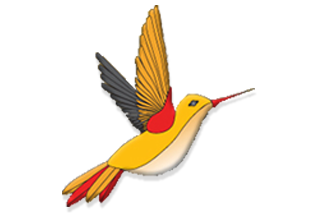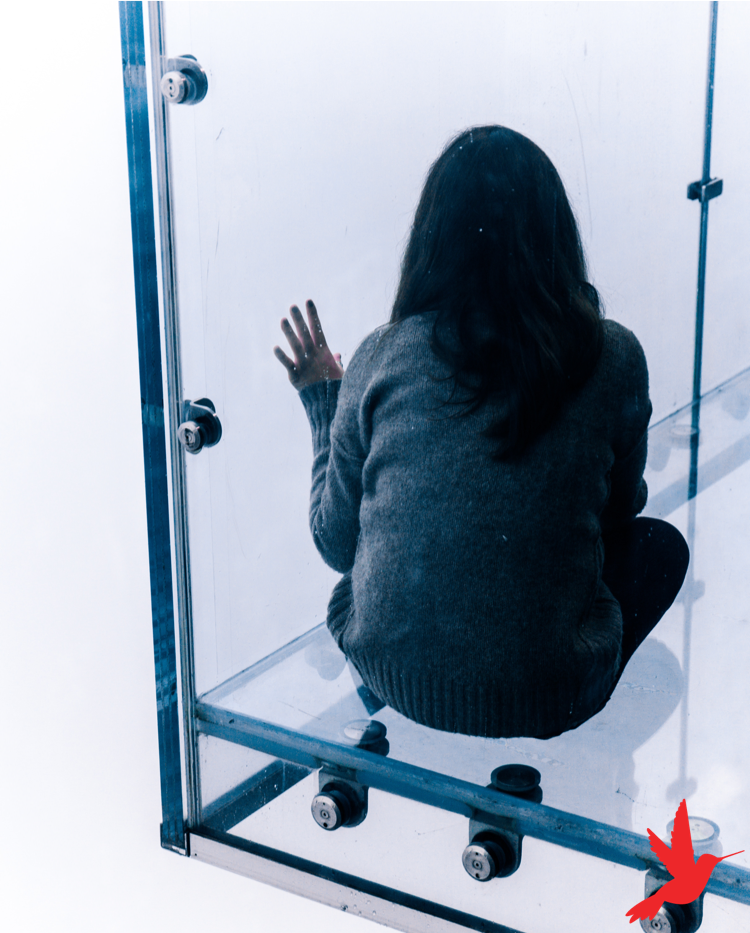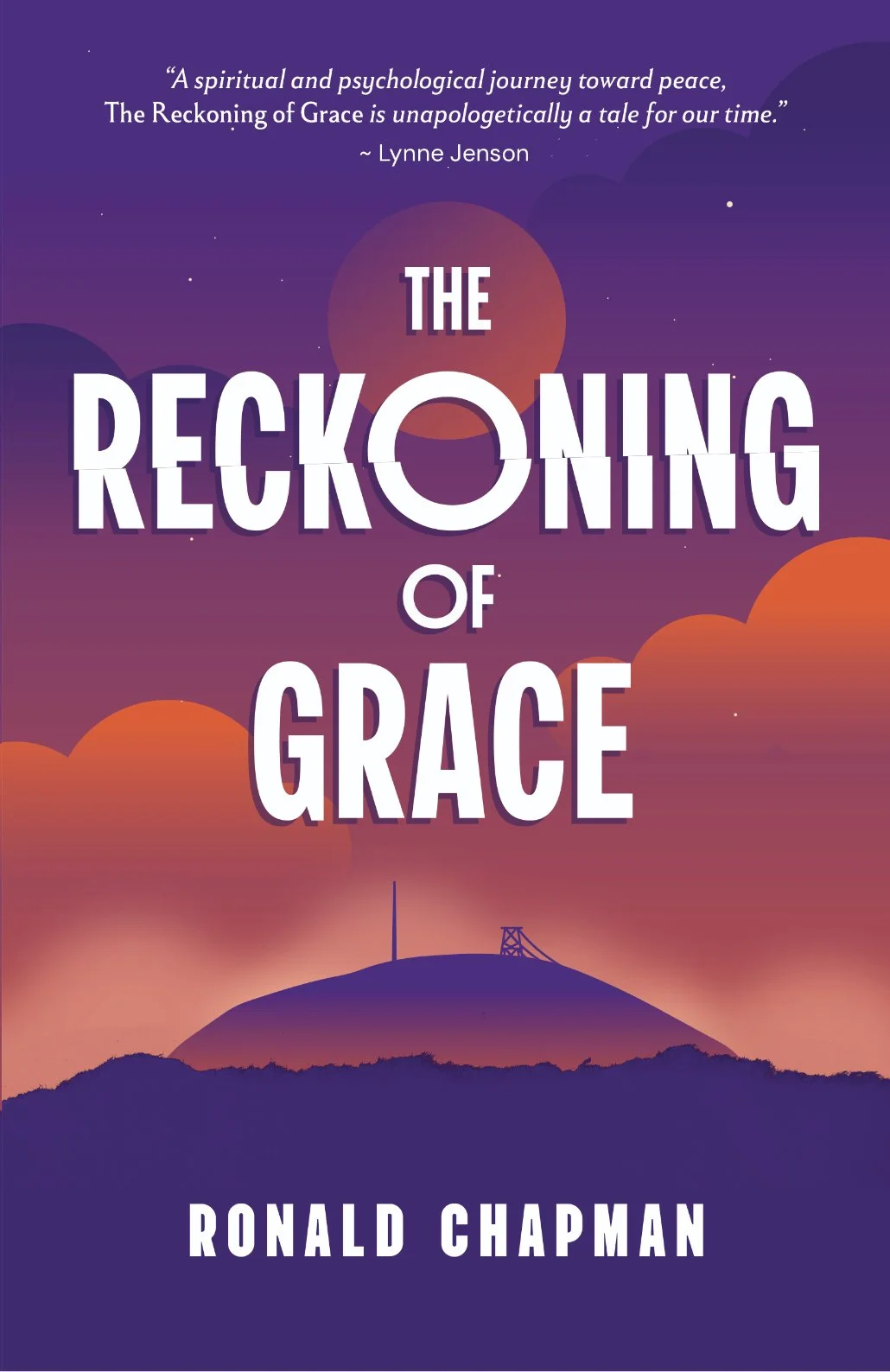What Is This Emotional Sobriety?
/Letting Go of Dependencies Might Just Change Your Life
In the past few years more and more people have inquired about emotional sobriety. While the idea began as an advanced practice in twelve-step recovery driven by an article by Bill W., the co-founder of Alcoholics Anonymous, for those looking to build healthy relationships it has become a useful idea as well.
In short, Bill W. proposed that the root of our difficulties with relationships with other human beings boils down to “faulty dependencies.” He saw that when any of us believe that someone else has the means to further or limit our well-being, we are at risk of disappointment, discouragement, and even despair. If another person happens to act in a way that affirms our well-being, we unconsciously conclude that all is well. On the other hand, when that same person acts in a way that seems to threaten our well-being, we can experience problematic emotional outcomes. Bill W. also saw that more extreme examples such as depression can come about, and more recent research indicates these same kinds of “dependency” patterns can contribute to chronic disease through the stress they create.
You may ask, but aren’t we dependent on others?
Certainly, that is true when we were children and much less so as we move into adulthood. In cases where we have some kind of limitations, it may also create some kinds of dependency.
The larger problem is that we feel dependent, and in some cases deeply dependent. We really believe that someone has the power over our actions, decisions, lives, or happiness. While we may tell ourselves we are free to choose through our own independent agency, deep in our heart of hearts we experience dependencies that limit us terribly. Those dependencies then place our sense of well-being at risk.
Sadly, most of us expend much of our effort in blaming others, or trying to get someone to be or do something different, or wasting limited energy through unnecessary drama and difficulty.
Now here’s the profound perspective in emotional sobriety.
When we look deeply at an upset in our lives, we will most likely find some unhealthy or ineffective dependency. It is there that the solution begins. As Bill W. states, “Reinforced by what Grace I could secure in prayer, I found I had to exert every ounce of will and action to cut off these faulty emotional dependencies upon people … indeed, upon any set of circumstances whatsoever.”
In my experience, this is a slow and steady process that is sometimes painful, though necessary. Each time I faced a perceived dependency, my first reaction would be to seek some kind of work around that would allow me to avoid facing it, and facing myself. Then necessity would make me rethink, reframe and release.
With much practice, I came to find that emotional balance and sobriety always came as the result of letting go of needs, or desires, or expectations, or demands.
I also learned that their “no” to me was nothing but a “yes” to themselves. Someone else’s self-care need not be a threat to my well-being.
Then much to my surprise, as the conditions I placed on relationships dropped away, I came to understand others. With that came an ability to forgive and release. Eventually it became clear this was the path to non-judgment and unconditional love.
In the end, the most amazing realization emerged as an ability for self-care, self-compassion, and self-love. The better I learned to trust my needs would be met by my own actions or the love of a Higher Power, the fewer and fewer were my upsets with people.
Today there are people in my life who are dear to me, but my expectations of them are few if any. That allows me to simply appreciate them and their presence in my life.
I am reasonably contented much of the time.
A Seeing True™ Affirmation
Thank you that my well-being is not dependent on anyone or anything.
*******
Note: These ideas have proven to be so useful they became part of my newest book, Progressive Recovery through the Twelve Steps: Emotionally Sober for Life. Click here for information.
Updated November, 2021














